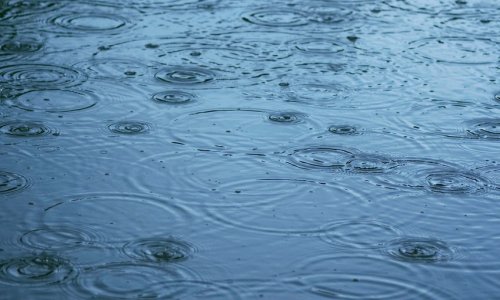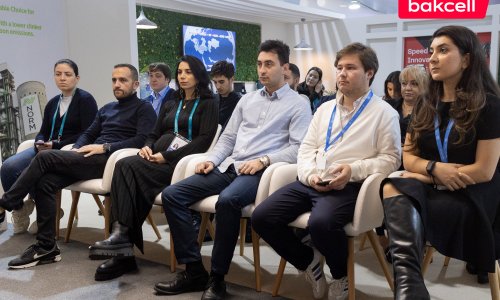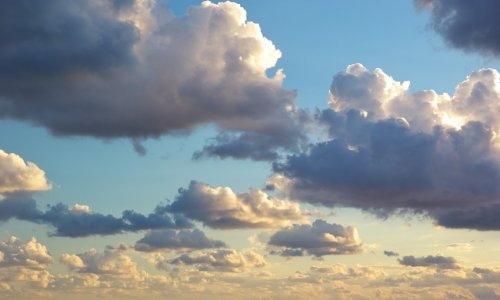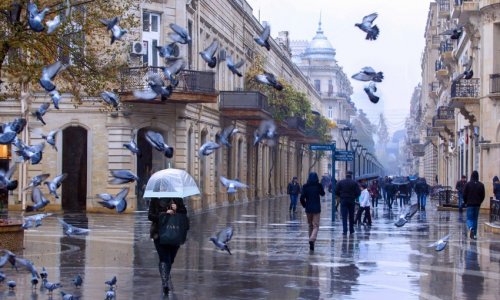Follow us !
Scan cuts child radiation risk
Society
23:00 | 25.11.2013
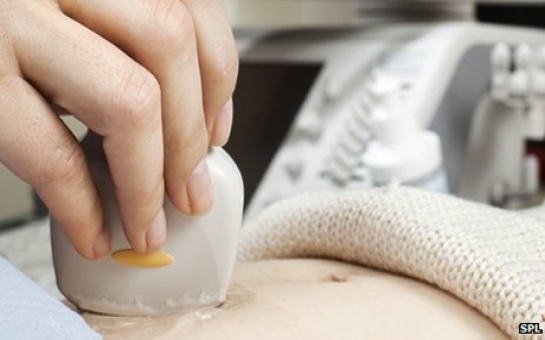
Scan cuts child radiation risk
A new method for scanning children's livers for tumours could prevent them being exposed to unnecessary radiation, according to doctors in London, BBC reported.Children are more vulnerable to radiation, which can increase the odds of them developing cancer later in life.The team at King's College Hospital are trialling a scan that turns organs into a "field of gold" to find tumours.The findings were presented in the European Journal of Ultrasound.Nodules or lesions on the liver can be detected when children with liver disease or fatty livers have an ultrasound scan.However, these could be malignant tumours that need treating or benign growths that can be ignored.A CT scan can tell the difference, but this exposes the patient to X-ray radiation."We are trying to stop children having unnecessary radiation as the long-term effects show a substantial increase in cancer," Prof Paul Sidhu, a consultant radiologist at King's College Hospital, told the BBC.Accurate diagnosisThe team at the hospital is testing an upgraded version of ultrasound, which has been used in adults for a decade but not yet in children.A harmless chemical, injected into the arm, forms temporary microscopic bubbles in the bloodstream. It acts as a "contrast agent" in the ultrasound scan.Prof Sidhu said: "It makes the arteries light up and then the veins and the whole liver. It looks like a field of gold."If the liver lesion is benign, it lights up like the rest of the liver. But a cancerous growth will rapidly get rid of the contrast agent."It looks like a black hole. It's so clear it is like day and night," Prof Sidhu said.In a trial on 44 children with chronic liver problems, the test was able to accurately diagnose patients.Prof Sidhu concluded: "This is an exciting breakthrough, but it now needs multicentre trials probably involving up to a couple of thousand patients [to prove it works]".ANN.Az

